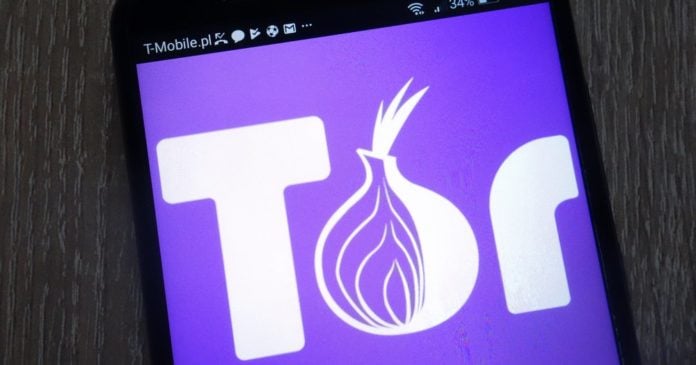
Some of our readers are taking their privacy seriously. And I mean really seriously.
And so, they’re using a VPN with Tor to effectively supercharge their privacy, albeit at the expense of speed. Depending on what you’re up to, this compromise could be worth it, though.
In this article, we’ll explain how the two (VPN and Tor) could work together and whether that actually makes sense. But first, let us explain Tor to those who haven’t heard of it. (if you know what it’s all about, feels free to skip the next section).
Tor 101
Tor stands for “The Onion Router,” and it is free and open-source software that enables anonymous communication on the Internet. The “onion” is used to describe the protocol because of its “peels,” with Tor routing data through multiple layers (peels) of security before reaching its final destination.
Because of this design, Tor protects users against traffic analysis that can be used to reveal one’s identity and location by monitoring the data at different points between the computer and the websites he/she visits. Here’s how EFF explains Tor:

Tor is accessible with a Tor browser, which routes all traffic coming to and from your device through randomly selected servers that are known as Tor nodes. Every request is sent to several other (Tor) nodes before reaching its final destination.
And the same thing takes place when data is passed back to you, assuring a high level of anonymity. This is because every node in the network only knows the IP address of the previous node and the IP of the next node. So no single server can know where the data originally came from and the final destination.
Aside from being free, Tor is also famous because it’s decentralized, with no government entity nor major corporation being able to shut it down. Also, in high-censorship countries, Tor lets users bypass government restrictions and provides access to the Internet in its entirety.
On the downside, though, because it is a free service, Tor could be slow at times — with Tor nodes being operated by individuals rather than professional organizations.
Tor over VPN
By first connecting to VPN and then using Tor Browser, you get to supercharge your anonymity online. A VPN will provide you with the first layer of protection and Tor – the second one. Each of these levels is pretty much unbreakable, and together they are super-unbreakable.
What makes this combo so remarkable is that with a VPN, even the first node in the Tor network won’t know your actual IP address. Also, because of VPN’s built-in encryption, no one will know that you’re actually using Tor.
So that’s a double whammy for anyone who wants to know what you’re doing on the Internet.
Should you use VPN and Tor?
Honestly, I only use a VPN, but a few of my friends combine it with Tor from time to time. I believe that VPN provides me with enough privacy protection that I don’t need Tor — which would undoubtedly make my Internet feel much slower. After all, it would add additional nodes to the connection and could make some pages slow to load.
However, deciding to use just a VPN or a VPN with Tor is up to you. Guess it all depends on what you’re doing online, where you live, and so on.
Just remember, we’re talking about your privacy, and you shouldn’t take it lightly. It’s your human right, after all.
